UP and the case for state subsidy by Randy David
(Published on page A13 of the November 26, 2006 issue of the Philippine Daily Inquirer)
LESS than two years from now, the University of the Philippines will mark its centennial. It will do so in a world far more complex than the colonial era that saw its founding. Additional campuses and new curricular offerings mirror the basic changes in function that UP has assumed as a state university. Over the years, it has had to negotiate the terms of its relationship with the State that supports its existence, constantly weighing the pressure of societal demands against its own self-understanding of what it means to be a university.
The Philippine Normal School was actually established a few years ahead of UP. The priority placed on the training of teachers for the public school system was in keeping with the American colonial government’s plan to democratize access to modern education. UP was meant to serve as the receptacle for the best and the brightest graduates of the public schools, who would then be trained and prepared for the various positions in the government service. UP was clearly at the center of the nation-building project from the start. The country needed a cadre not only of teachers but also of scientists, doctors, nurses, pharmacists, accountants, engineers and, of course, lawyers. It was UP’s role, as a state university, to produce a new generation of modern leaders and public servants.
The top graduates of public high schools were automatically admitted into the university and were granted exemption from paying tuition. Tuition at UP, in any case, was minimal until the ’70s. Still, not many Filipinos felt they needed a college education.
When I entered UP Diliman in the early ’60s, there were no more than 4,000 students on campus. They came from all over the country, representing the brightest young people of every province. They thought of themselves as the nation’s future leaders by virtue of their simply being there. Much was expected of them. In turn, they were imbued with a deep sense of duty to country and people. They did not think that their country owed them anything; on the contrary, they felt they owed the country everything, and that nothing would please them more than to be able to serve it. One might call it the nobility of public service. UP was elitist only in this sense—that its students thought of the nation’s future as their responsibility.
Basic education—grade school and high school—was something that every Filipino valued highly even before it became explicitly enshrined as a right in the Constitution. But I do not know when the idea began that college education is a basic right of every citizen, which the State must provide for. I am sure it did not come from my generation. Perhaps, it came with the decline of basic education itself, when the high school diploma was no longer acceptable as proof of functional literacy, and employers began to require a college degree for even the simplest jobs. In any event, there was a surge in demand for college education in the 1980s.
The student population of UP itself has grown to more than 50,000. But its faculty and facilities have failed to keep in step with this phenomenal growth. Its classes are packed, and the faculty has little time for anything more than teaching. While many bright students still opt for an academic career upon graduation, very few remain after they have earned a second degree. The psychic reward of teaching in the country’s best university is simply not enough to keep them going. Not a few have painfully traded a promising life of scholarship for a better-paying call center job.
I am sure the desire to serve the country remains strong among our students. But, invariably, many of today’s UP graduates, like their generation, will leave the country and spend their most productive years abroad. No one in particular is to be blamed for this. And many come home yearly to perform medical missions. Others contribute generously to the university to support scholarships and various programs, in grateful recognition of the formative years they spent at UP.
But, clearly, the policy of subsidizing university education in the era of global labor mobility no longer makes much sense. If the goal were to provide college education to poor but deserving students, it would be more sensible to give out individual scholarships than to pay for the operations of a whole university. Indeed, if the only role of a public university were to provide higher instruction, there would be little reason for the State to run its own university. Private institutions all over the world are taking over this function because in many ways they do it more efficiently.
Why not close UP then? Why persist in running a state university on a dwindling budget that can no longer decently support the work of a higher learning institution?
The answer lies in the complex functions that a university performs in society. Any good university worth its name will not confine its work to teaching. It will insist on producing new knowledge through research. It will enrich and extend the horizon of existing culture, and promote its own world view in the larger society. It will assume the primary task of forming the nation’s leaders, of shaping their political consciousness, and equipping them with those traits and skills that mark them out as leaders. None of these functions are explicitly contained in any specific set of courses; they are integral to the learning process that uniquely belongs to all great universities. It is for these reasons, and no other, that a university deserves public subsidy.
Labels: education, randy david, university of the philippines








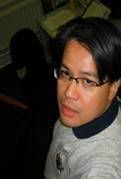







































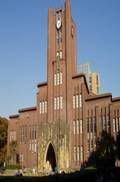












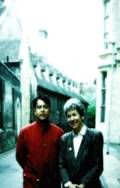

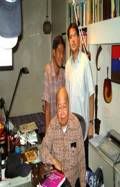








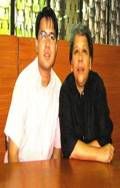
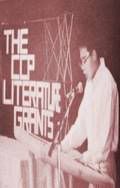

























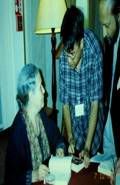
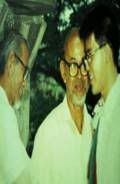





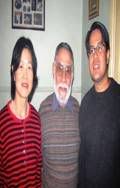

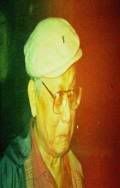



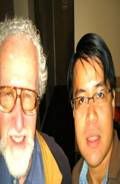



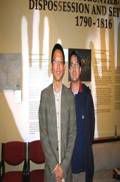


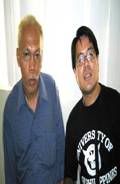

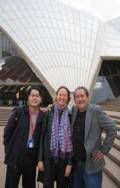


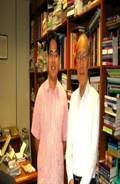

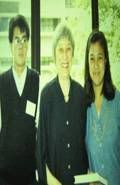






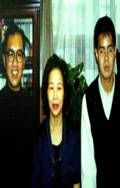
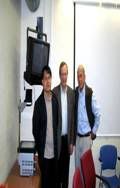



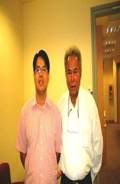





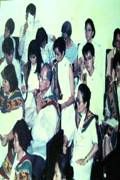

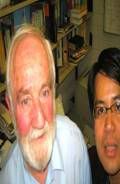























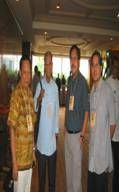




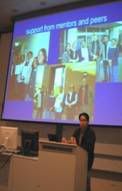

















2 Comments:
Professor Winnie Monsod made a case for the tuition fee increase in the 25 November 2006 issue of the PDI. Perhaps you could republish it in your blog for comparison?
thanks! will just do that as well.
cheers,
w.
Post a Comment
<< Home